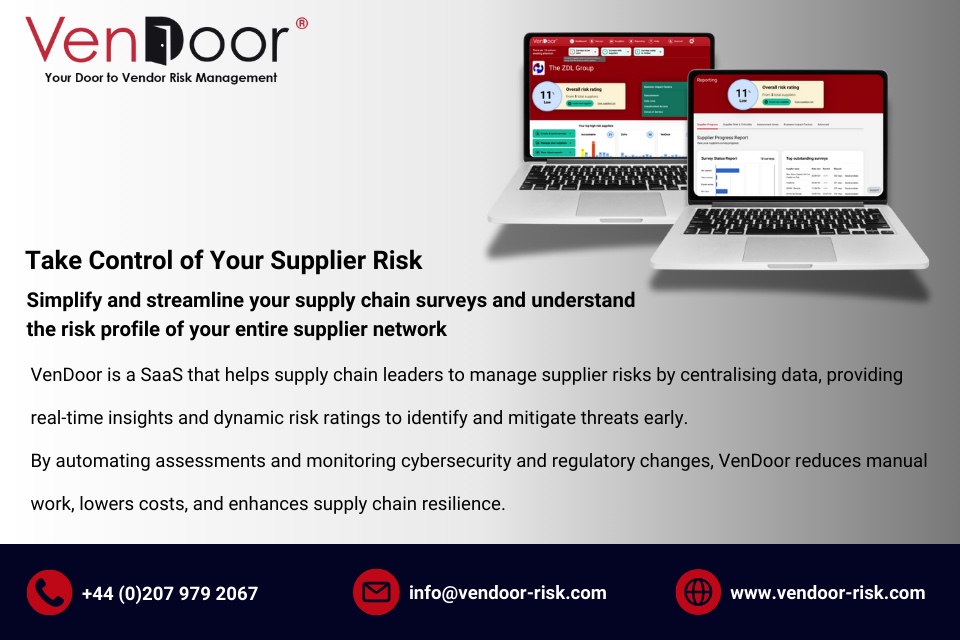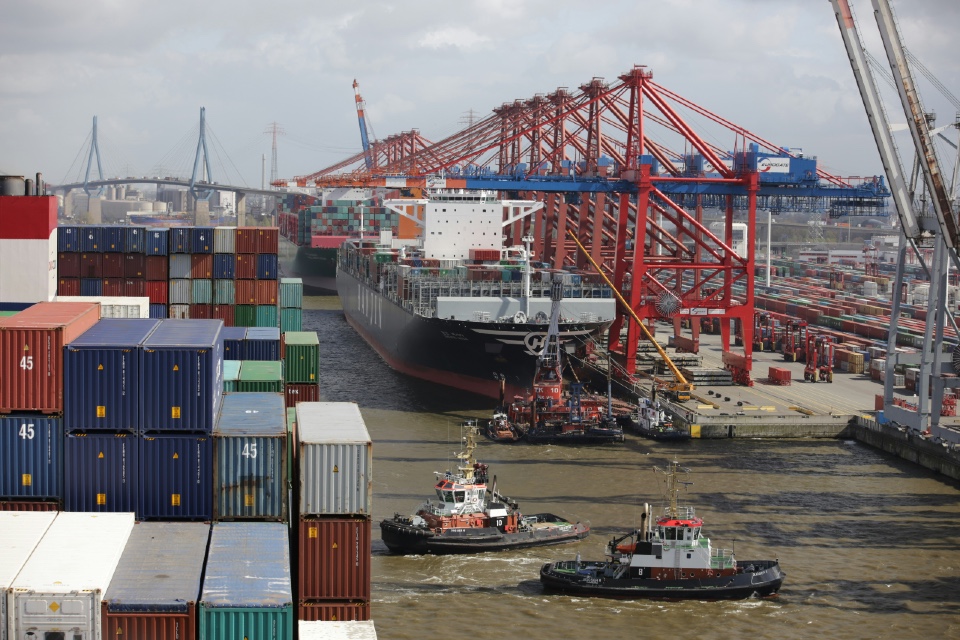CEOs of the world’s largest businesses are increasingly optimistic about the outlook for their own business and despite the Delta variant slowing down the ‘return to normal’ – but remain concerned over problem with supply chains slowing recovery.
The KPMG 2021 CEO Outlook, which asked more than 1,300 global CEOs about their strategies and outlook over a 3-year horizon, finds that 60 percent of leaders are confident about the global economy’s growth prospects over the next 3 years (up from 42 percent in the January/February’s pulse survey).
The prospect of a stronger global economy is leading CEOs to invest in expansion and business transformation, with 69 percent of senior executives identifying inorganic methods (e.g. joint ventures, M&A and strategic alliances) as their organization’s main strategy for growth.
A majority (87 percent) of global leaders stated that they are looking to make acquisitions in the next 3 years to help grow and transform their businesses.
The survey found that 30 percent of CEOs plan to invest more than 10 percent of their revenues toward sustainability measures and programs over the next 3 years.
However, when looking at risks for growth over 3 years, senior executives identified three areas they see as top risks: supply chain, cyber security and climate change. Fifty-six percent of global CEOs say that their business’ supply chain has been under increased stress during the pandemic.
Meanwhile, just 21 percent of CEOs now say they are planning to downsize, or have already downsized, their organization’s physical footprint, a dramatic shift from August 2020, with the first wave of the pandemic at its peak, when 69 percent of global leaders said that they planned to downsize their space.
CEOs are focused instead on providing increased flexibility for their workforce with 51 percent (up from 14 percent in the January/February’s pulse survey) looking to invest in shared office spaces. Furthermore, 37 percent of global executives have implemented a hybrid model of working for their staff, where most employees work remotely 2–3 days a week.







